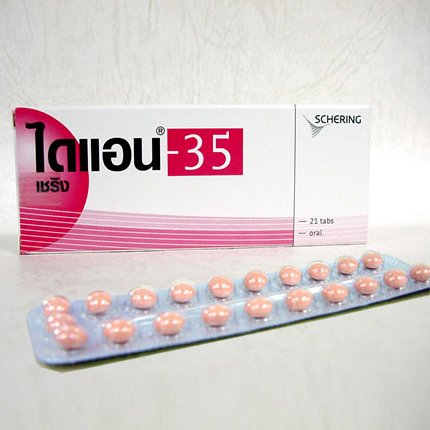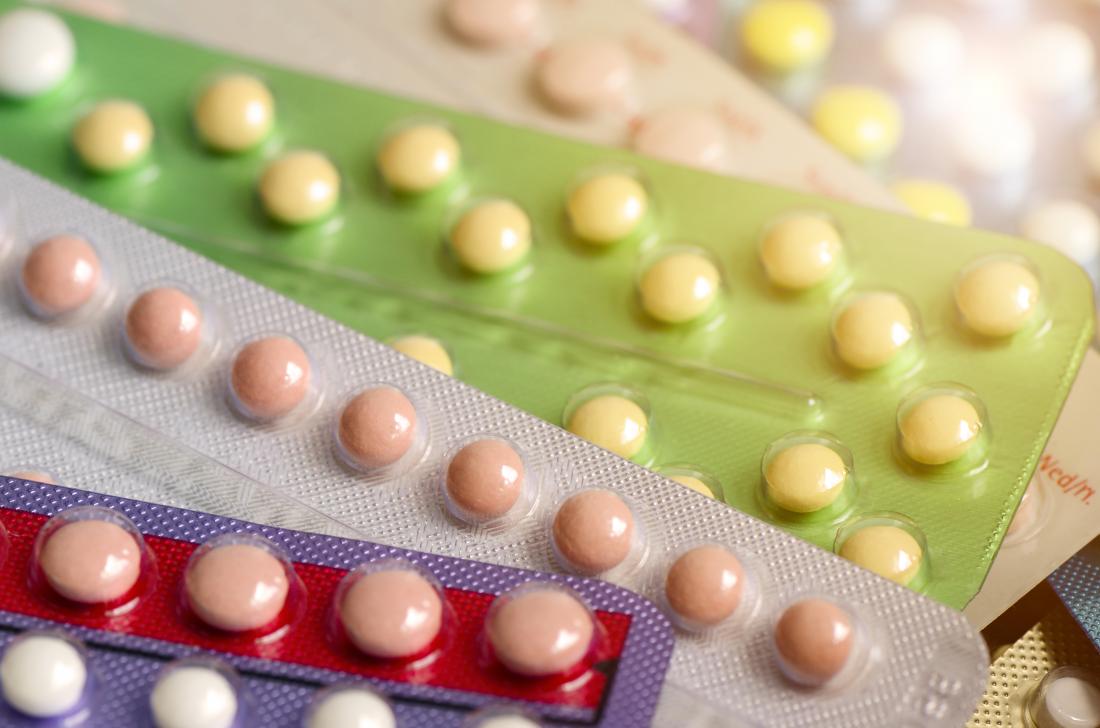

Testosterone, for example, plays a role in everything from your muscle and bone health to your sex drive. These hormones are essential for optimal wellbeing and health. As a woman, your body produces a small quantity of androgenic hormones such as testosterone. The way birth control works as an acne treatment is simple. Healthcare providers have been prescribing birth control pills as an acne treatment for several decades, with the FDA even recommending several oral contraceptives as acne treatments as well as for birth control purposes.

Shop acne cream start consultation How Birth Control Works as an Acne Treatment Progestin-only birth control pills, which are commonly known as “mini-pills,” don’t contain estrogen. Although it’s uncommon, these birth control pills can cause your androgen levels to fluctuate, resulting in an increase in hormonal acne. However, there’s one caveat to this rule. Instead, it’s far more likely to be caused by regular hormone fluctuations that your new birth control hasn’t yet been able to prevent.

If you’ve just switched to an oral contraceptive, it’s easy to assume this outbreak is caused by your birth control pill. This is very unlikely. This can lead to a sudden increase in acne that’s usually referred to as a hormonal acne outbreak. In short, your period, and the days leading up to it, is when you’ll have the highest concentration of androgens circulating throughout your body. During your period, your estrogen will also increase, while your body’s level of progesterone will reach its lowest point. Generally, you’ll reach your highest androgen levels in the week before your period, as well as during your period. Over the course of the month, the amount of androgens (male sexual hormones) and estrogens (female sex hormones) that are produced by your body will fluctuate. So, where does the belief that birth control pills cause acne come from? Part of this belief is due to the natural changes in hormones that can occur over the course of your menstrual cycle, with another part coming from the sudden change in hormones that can occur with birth control.įirst, let’s cover the menstrual cycle and its effect on hormones. In short, not only do birth control pills not cause acne - over the long term, they’re very effective at preventing it.

In fact, these hormones can work together to reduce your risk of developing acne on a regular basis by balancing the effects of excess androgens. Most birth control pills contain estrogen and progesterone - two female hormones that are not directly responsible for acne. Higher levels of androgens (more specifically, testosterone) mean more sebum, which in turn usually leads to more pimples. Acne is usually caused by high levels of androgens - male hormones that can stimulate sebum production and clog hair follicles. We’ve also looked at the types of birth control most commonly used for acne, as well as the difference between oral birth control and other acne treatments. Luckily, with a bit of explanation, it’s easy to understand the role oral birth control plays in controlling, treating and managing acne.īelow, we’ve explained how birth control can work as an acne treatment, as well as whether or not birth control can cause acne. After all, hormones are highly complicated. The relationship between birth control pills and acne can be confusing.


 0 kommentar(er)
0 kommentar(er)
